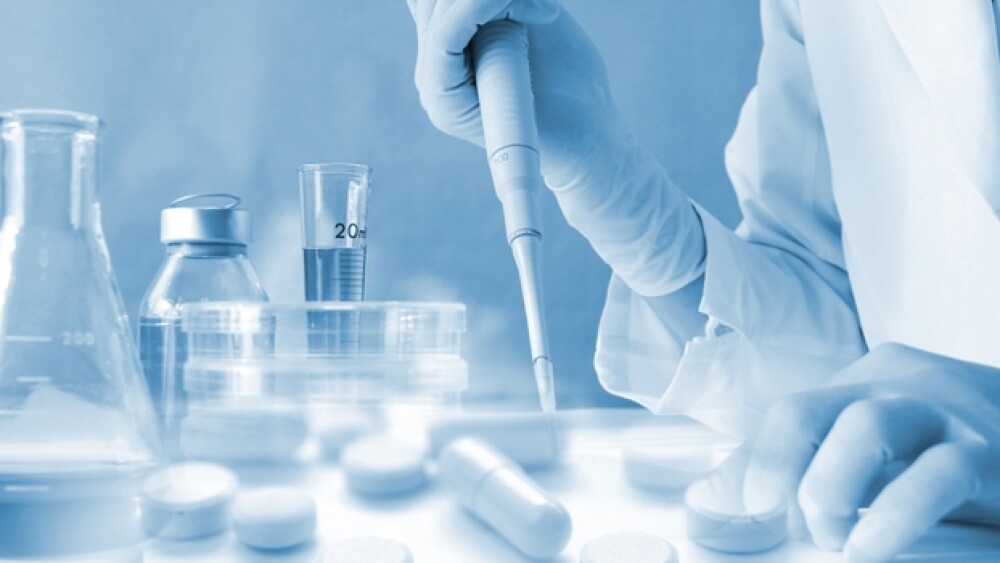As the world continues to grapple with the effects of the COVID-19 pandemic, healthcare analysts are starting to wonder how the outbreak will impact drug development.
As the world continues to grapple with the effects of the COVID-19 pandemic, healthcare analysts are starting to wonder how the outbreak will impact drug development.
Joshua Cohen, an independent healthcare analyst, recently took a closer look for Forbes. He noted that in developing nations, there is a strong concern about the diagnoses of other life-threatening illnesses, such as malaria and HIV, with pharmaceutical companies dedicating virtually all of their resources toward COVID-19. But it isn’t just these countries that are seeing an impact – developed nations will likely face consequences as well. Research and development is being funneled toward COVID-19, rather than ailments such as cancer and Alzheimer’s disease.
Ken Kaitin, professor at Tufts University School of Medicine and Director of the Tufts Centers for the Study of Drug Development, recently spoke to NPR about these challenges, which will likely arise sooner rather than later. He told the news source that if you are one of the many patients hoping for a new drug for your condition, you’ll likely have to “wait longer than expected.”
Pamela Gavin, chief strategy officer at the National Organization for Rare Disorders, told NPR that people could potentially wait “a lifetime” for a therapy that they need, at the rate at which drugs are being developed for purposes other than COVID-19.
But could this all just be speculation? What about the hard data?
Sean Keehan, an economist for the Centers for Medicare & Medicaid Services (CMS), recently took a closer look at the statistics for Drug Channels. He says that ultimately, he expects drug spending to be lower than what CMS forecasts, as fewer drugs will be launched. Keehan notes that many clinical trials are being delayed or postponed, which is slowing the submission of new drug applications. In addition, the U.S. Food and Drug Administration (FDA) will also likely reduce its pace of new drug approvals.
Then, there are the logistics of selling new drugs in a world with coronavirus. In an era of social distancing, and in the absence of in-person conferences and face-to-face meetings, it will likely be more challenging to market new products.
With this all being said, there may still be hope for the development of other drugs if researchers can hone in on treatments for COVID-19.
Remdesivir recently showed promise against the virus, but it isn’t the only drug that scientists are looking into for the treatment of COVID-19. Just this week, study results published in the American Society for Microbiology journal highlighted a series of FDA-approved drugs that may help patients later down the line.
The researchers tested the drugs in Vero cells, a cell line developed from kidney cells of the African Green Monkey, which are commonly utilized to develop viruses for vaccines. The drug niclosamide demonstrated “very potent” antiviral activity against SARS-CoV-2, but the researchers found that it has low absorption rates, undercutting its power.
“Further development or drug formulation could enable an effective delivery of this drug to the target tissue,” wrote the researchers in their report.
Ciclesonide, an inhaled corticosteroid, also showed promise against SARS-CoV-2, according to the scientists. A study published earlier this year revealed the drug’s molecular target to be a viral protein known as Nsp15.
“With its proven anti-inflammatory activity, ciclesonide may represent as a potent drug which can manifest [the] dual roles [of antiviral and anti-inflammatory] for the control of SARS-CoV-2 infection,” the researchers concluded.
Regardless of what comes down the pipeline for the treatment of COVID-19, one thing is for certain: the impact on the pharmaceutical industry as a whole will be significant and unavoidable.





